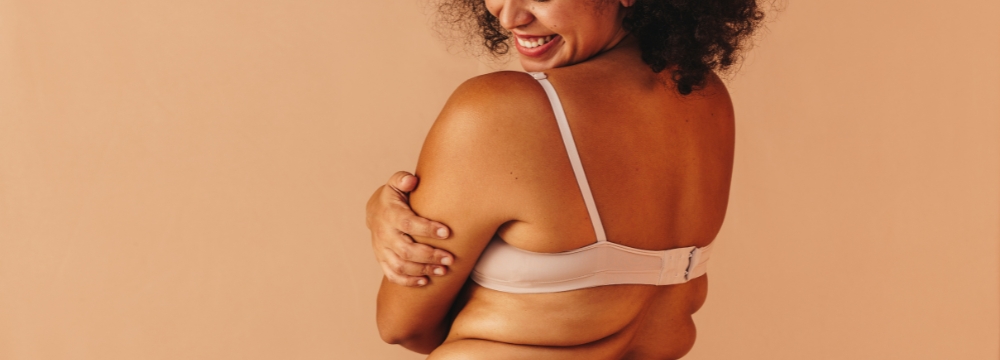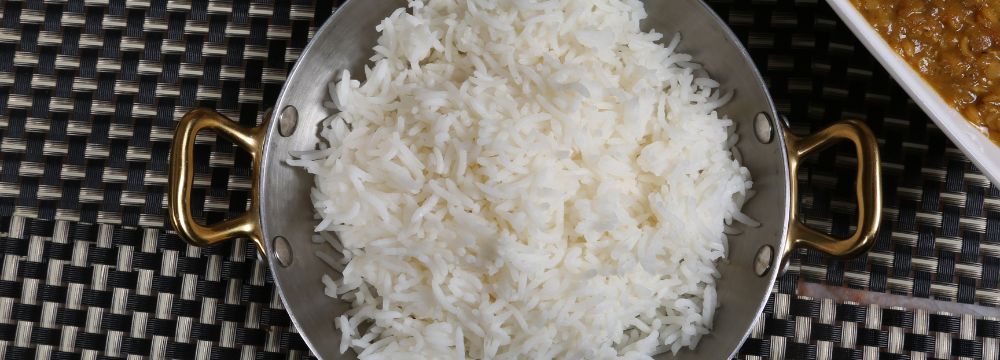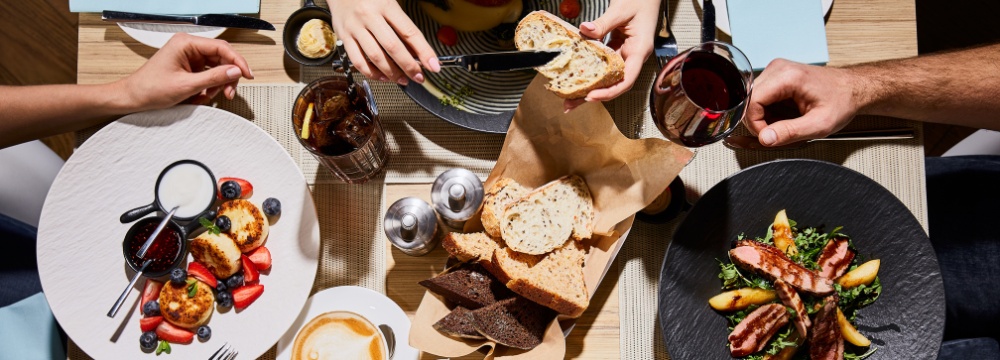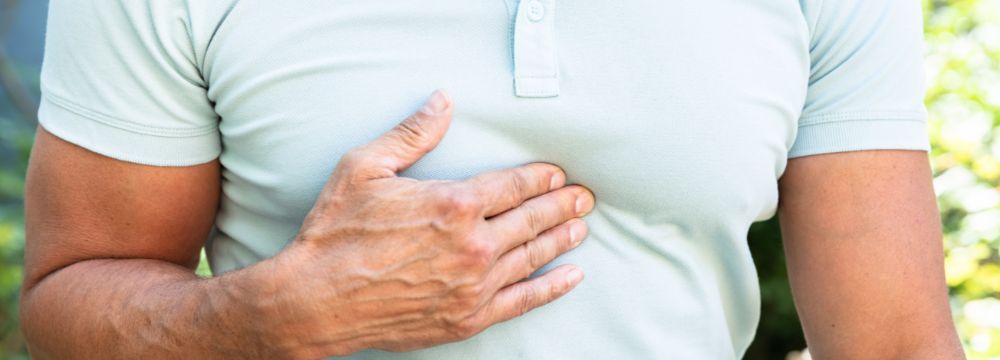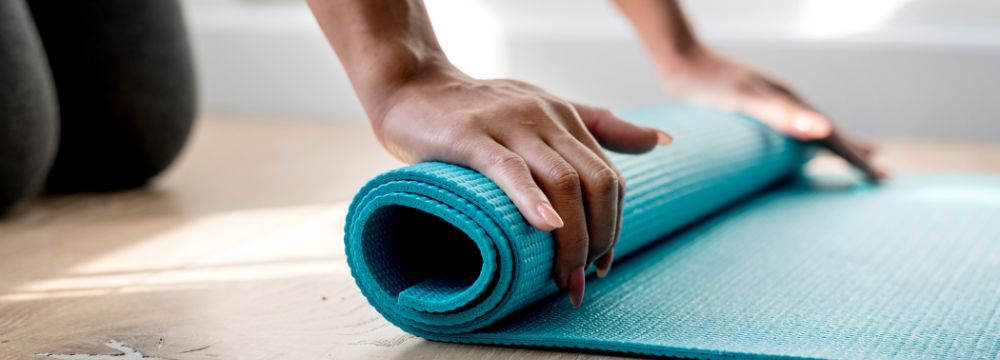After Bariatric Surgery
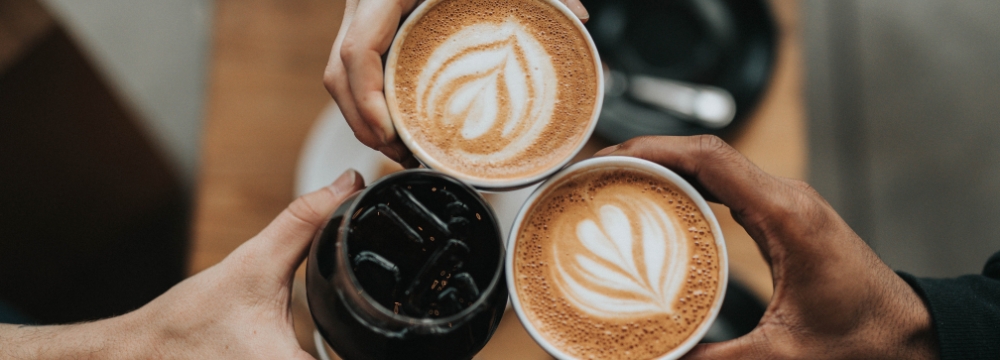
For many of us, coffee is a lifeline in the morning on the way to work or dropping kids off at school. You may make your coffee at home or swing by your favorite coffee shop on your way. Either way, getting that dose of caffeine feels like the only way to get through the day. And since it gives you that shot of energy, some may wonder if it is actually helpful in reaching weight loss goals.
As With Most Nutritional Questions After Bariatric Surgery, There Are Nuances.
Research into coffee and one of its compounds, chlorogenic acid, has shown the possibility of promoting body fat reduction. This could be significant with up to a 4% decrease in body fat, according to 2020 research published in the American Journal of Clinical Nutrition by Harvard University. Coffee is also full of antioxidants, and when enjoyed black and unsweetened, it adds only a few calories per cup.
However, There Are Some Drawbacks
First, while coffee does count towards your daily liquid intake, it can promote dehydration, as it is a diuretic. You may begin to urinate significantly more and feel what we call “head hunger” – a feeling of hunger caused by thirst. Dehydration often leads to overeating and is one of the leading causes of hospital admission in the few months after surgery. Moreover, caffeine is also a stimulant, which may tempt you to eat more throughout the day.
The concerns with coffee don’t quite end there. What we mix with our coffee starts to raise the calorie count. Half-and-half and sugar are certainly not conducive to the diet that will be required of you after bariatric surgery. Sugar makes your brain crave more sweets. This is true for artificial sweeteners as well. Half-and-half contains empty calories and saturated fat, which should be avoided after surgery. Opting for a higher-quality coffee that you can enjoy without add-ons is a great way around that.
But caffeine has yet another potential drawback, especially during the early days after surgery. Caffeine can irritate the stomach pouch, reducing your ability and willingness to eat properly after surgery. As such, we suggest that patients do not consume caffeine within six months after their procedure.
What About Decaffeinated Coffee?
Believe it or not, decaffeinated coffee still contains caffeine – about 5 to 10% of a regular cup of coffee. This is not to say that decaffeinated or caffeinated coffee can’t or shouldn’t be consumed occasionally — just the opposite. If you like it, enjoy it in moderation when you’re cleared. You’ll be able to enjoy the taste while reaping the benefits of the antioxidant properties.
In the end, we again preach moderation regarding the foods and drinks you consume. There are only a few foods and drinks you absolutely shouldn’t consume. You can enjoy the tastes you want responsibly and in moderation. Of course, it’s easy to fall into the trap of taking it a little too far, which is detrimental to your ongoing weight loss, so bear that in mind.
If you have questions about caffeine or coffee consumption, we encourage you to look at your postoperative care packet. You can also contact our office for more guidance on when it would be appropriate to enjoy coffee after your procedure.



